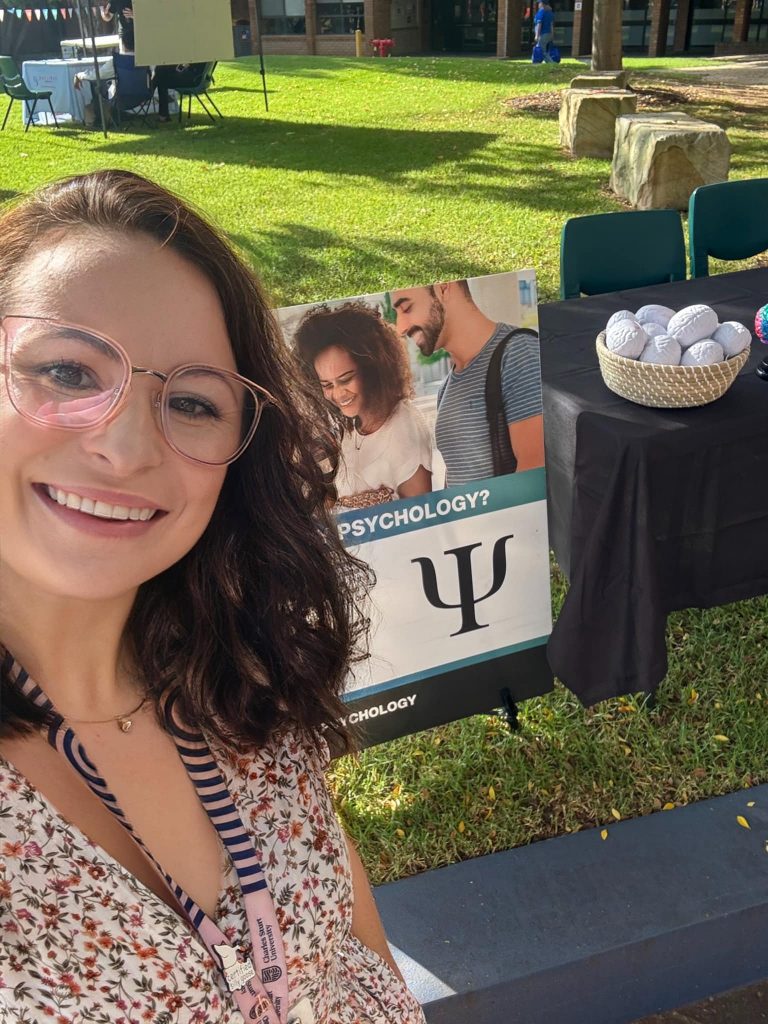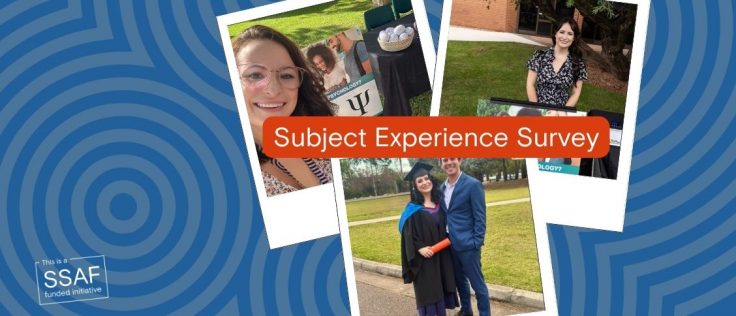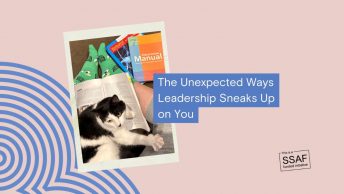Written by Miriam Randall
Hey, fellow assignment warriors and caffeine addicts.
Yep, it’s that time again, Subject Experience Survey (SuES) season! You know, the email that often ends up buried in your inbox. But before you roll your eyes and scroll past, let me tell you, this survey is actually kinda important.
And as a Masters student training to be a psychologist, I can tell you, feedback is basically therapy, but for subjects. You get to offload your experiences and potentially save future students from going through the same PowerPoint from 2008. Win-win, right?

What Even Is the SuES? (And Why Should You Bother?)
So, the SES is basically the uni’s way of asking, “Did we throw so much information at you that you’re now responding to exam questions with fight-or-flight mode, or was it kinda chill?”. But instead of just ranting (tempting, I know), it’s a chance to give constructive feedback, the kind that might actually lead to real changes.
Think of it like a Yelp review, but for subjects. I’ll write you an example:
Yelp Review of PSY000
⭐️⭐️⭐️ (3 stars)
“Learned all about memory, immediately forgot everything. Lecturer spoke like they were training us for a speed-listening competition. 10/10 would recommend if you enjoy existential crises about why TikTok dances stick but cognitive theories don’t.”
Okay sorry everyone, hahaha, I’M KIDDING! It wasn’t that bad. But seriously, the SuES is your chance to actually help make classes like this a little less ‘what just happened?’ and a bit more ‘ohhh, I get it now!’
And while it’s not the place to write, “Lecturer’s voice made me want to fall asleep,” it’s totally cool to say, “The content was a bit dry, more practical examples might help.”
But Does Anyone Even Read This Stuff?
Shockingly, yes. Turns out, lecturers don’t just use our feedback as kindling for their winter bonfire. Here are some actual changes that have happened because of SuES feedback:
- Updated Course Materials:
Students said the readings were older than Facebook. Now, we’re getting newer, more diverse resources that don’t require deciphering academic hieroglyphics. Progress!
- Slower Lectures:
After a bunch of students said, “I understood approximately zero percent of what you just said,” one lecturer actually slowed things down and started adding Q&A sessions. Wild.
- Clearer Assessments:
In one subject, the assignment instructions were about as clear as mud. Now, we’ve got rubrics, sample assignments, and significantly fewer cries for help posted in the discussion boards.
- Real-World Examples:
Because nothing says “practical application” like a 45-slide lecture on the theoretical implications of existential despair. Now, some subjects are adding case studies and real-world scenarios, so you can actually understand why you’re learning this stuff.
- More Online Resources:
Students wanted more online quizzes and practice tests. Now, we get them, because nothing says “I’m ready for the final exam” like clicking through a quiz at 2 AM in a sleep-deprived panic.

How to Give Feedback Without Sounding Like a Muppet
Look, we’ve all had those subjects where we wanted to write, “This was a disaster and I don’t think I got my money’s worth.” But if you actually want something to change, it helps to be a bit more, uh…. diplomatic.
Instead of: “The lectures made me want to claw my eyes out.”
Try: “Could we add some interactive elements, like quizzes or polls, to keep us more engaged?”
Instead of: “The assignments were terrible”
Try: “It would be great to have more examples or a clearer breakdown of what’s expected.”
Instead of: “I have no idea what I just learned.”
Try: “A review session or summary sheet at the end of each module would really help tie everything together.”

Why Bother?
Alright, I’m going to hold your hand when I tell you this, in the supportive, “you can do it” kind of way. If you don’t fill out the SuES, nothing changes. And next semester, some poor first-year will be sitting through the same lecture, staring at a PowerPoint that still has a watermark from 2010 and wondering if they’re in the right class.
So, next time the SuES email hits your inbox, take five minutes. Fill it out. Share what worked, what didn’t, and what made you question your entire academic career (I’m remembering the 100-slide operant conditioning presentation I received last year). Sheeeeeeeesh!
And who knows? Maybe your feedback will be the reason someone actually gets through a lecture without feeling like they need a translator for all the academic buzzwords.
Happy feedbacking, legends. You’re doing great.
Charlie blog is a SSAF funded initiative.










